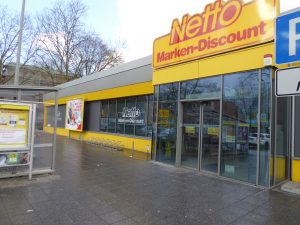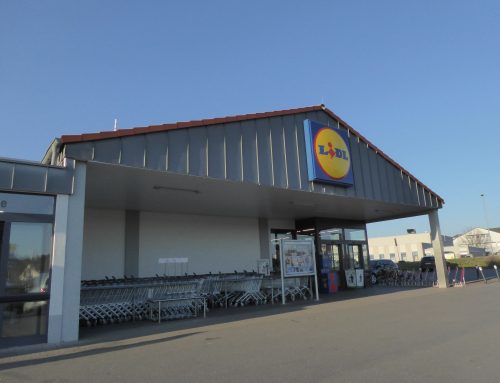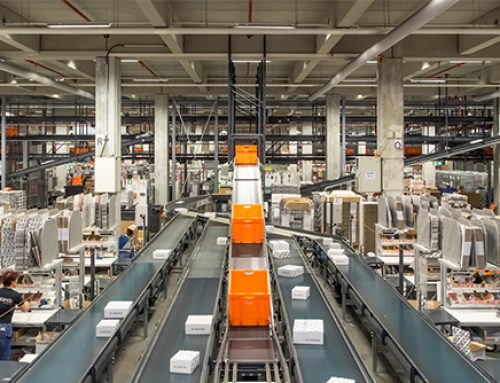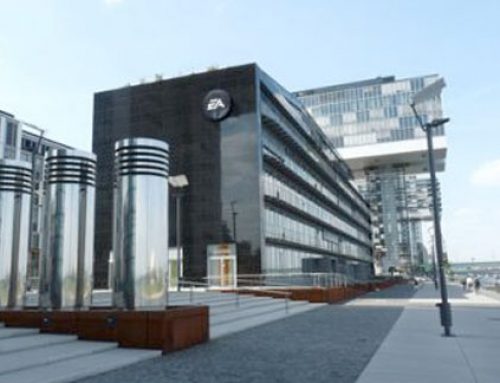DIWG publishes “Trend Report Food Discounters 2020”
In times of historically low interest rates, real estate is still very important as an alternative form of investment. Although the returns on real estate investments have now reached a new low, they are still significantly higher than those on classic financial investments. In addition, the financing conditions are also attractive and at least partially compensate for the currently high prices for retail property. While the corona crisis has led to a noticeable drop in prices and an increase in yields for some asset classes, no price declines have yet been recorded for specialist stores or specialist retail centres with a tenant or anchor tenant from the food sector. As long as the ECB continues its policy of low interest rates, we expect demand for investment in retail property to remain stable or even increase. This is likely to increase the pressure on yields further, so that a slight but continuous decline can be expected.
Despite the price sensitivity of customers, the topics of shop design, fresh produce and branded goods are also becoming increasingly important for discounters and are leading to the differences between full-range food retailers and discounters becoming smaller. Aldi, Lidl & Co. have long since abandoned the principle of the spartan hard discounter and are thus making room for new concepts that take up the original discount idea from the 1960s with a reduced product range and very simple shops.
It remains to be seen whether the established providers themselves will enter this newly created niche or leave the field to other providers. The topic of e-commerce has been rather neglected by discounters. There is still a lot of catching up to do in this area, especially if suppliers such as Amazon Fresh introduce their services throughout Germany. So far, the offer is still limited to a few regions.








